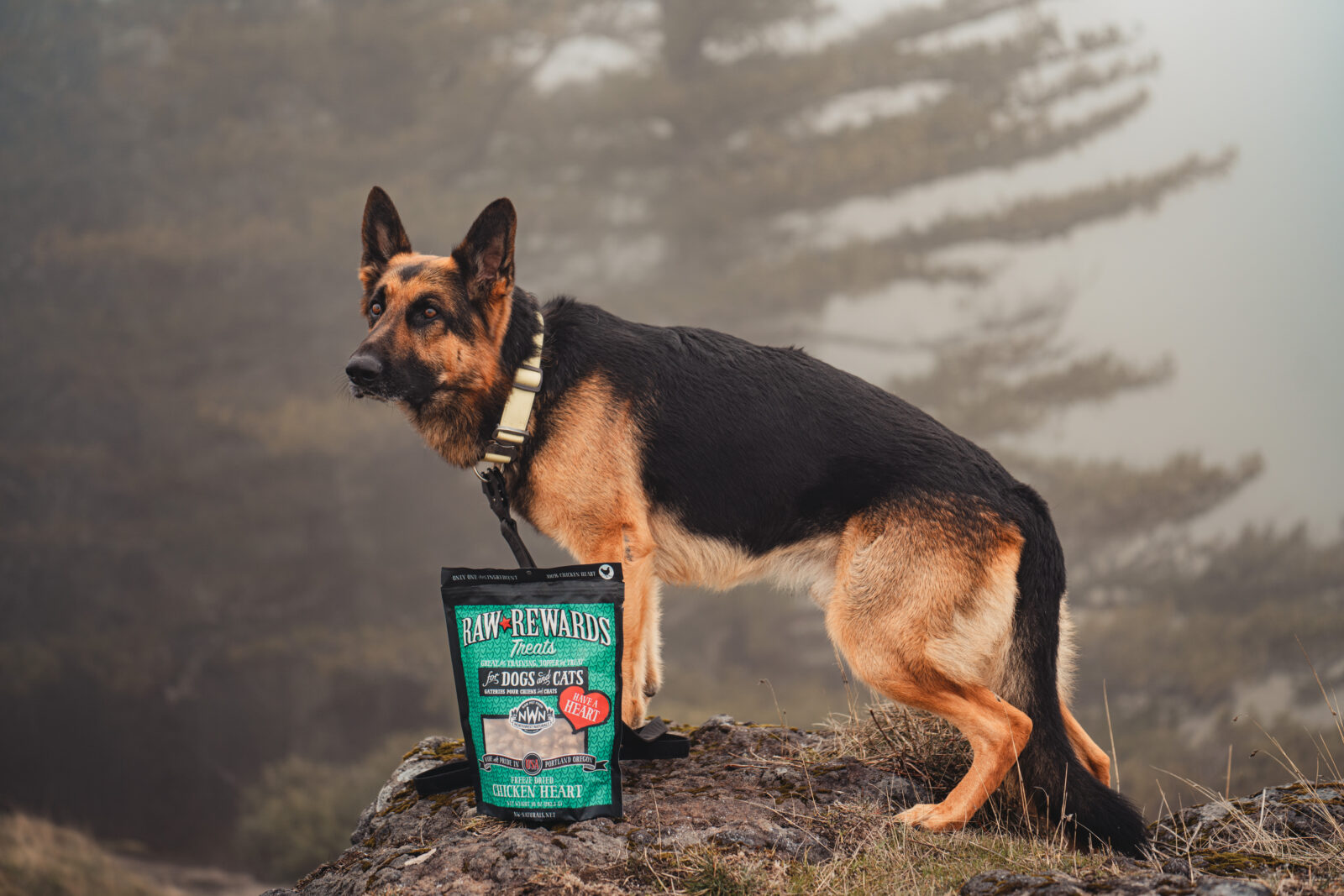
Lectins and the Amino Acid Taurine – Part 2
Different types of Protein
Most humans tend to simplify; we like neat categories with everything in black or white. But life rarely works that way. For instance, when you think of proteins you probably think of meat. And you would be correct; meats are considered high-protein foods. But here’s where we get into a grey area – plants also contain proteins. Plant proteins are molecularly different than animal proteins, but both are definitely proteins. So, strange as it seems, while animal proteins are the healthiest foods for our pets, plant proteins fall into a grey area somewhere between occasionally alright to deadly.
The digestive systems of our cats and dogs are designed to consume proteins from meat-based diets. Plant proteins do not contain some elements necessary for a dog’s survival and are especially lacking in nutrients that cats need. In Part 1 of this report, we noted that plant proteins contain very little to none of the essential amino acid taurine. Without adequate taurine cats will die and certain breeds of dogs, as noted in Part 1, will also die. Additionally, one plant protein is so damaging it is often referred to as an “antinutrient” which harms the body’s ability to absorb the foods they eat. That protein is lectin.
Lectin Protein
Lectin protein is found in small amounts in all foods, and in small amounts it is harmless. But the more lectins your pet consumes the greater the probability of harm ensues. The foods listed below have the highest concentrations of lectins and should be avoided by our pets.
- Legumes: beans, soybeans, peanuts, cashews, lentils, chickpeas
- Grains: wheat, wheat germ, quinoa, rice, buckwheat, oats, rye, barley, millet, corn, cakes, cookies, crackers, bread
- Nightshade family vegetables and fruits: tomatoes, potatoes, goji berries, peppers – sweet or hot, eggplant
- Dairy products (especially A1 milk): pasteurized milk, cheese, yogurt
- Squashes: pumpkins, acorn squash, butternut squash, zucchini
- Vegetable oils: corn oil, soybean oil, sunflower oil
There is some speculation that lectins can be cooked away, rinsed out, or fermented from the foods listed above. Unfortunately, lectins are sturdy proteins that resist damage from those techniques and even from stomach acids and digestive enzymes. Avoiding high-lectin foods is the best way to elude lectins and the damage they cause.
How Lectins cause problems
Malabsorption problems are one of the chief ways lectins harm our pets. Lectins, which are considered sticky, bind to the microvillus membrane reducing the small intestine’s ability to absorb nutrients. This inability can cause a cascade of health problems. You could be feeding your cat or dog the most expensive “super-premium” kibble grain or grain-free diet and not understand why your pet is sickly. Perhaps the lectins in his diet are preventing nutrient absorption. Food allergies and sensitivities are often the result of gut malfunction caused by lectin interference. Since we know that our immune system resides in the gut, lectins are proving to be a big part of those health issues because when the immune system is weakened the whole body suffers. The autoimmune diseases of arthritis, Addison’s disease, pancreatitis, diabetes, exocrine diseases (skin), and some renal conditions thrive on a high lectin diet. Alzheimer’s, dementia, and yeast problems are exacerbated by an overabundance of lectins populating the small intestine. The list of diseases linked to an excess of lectins is endless.
What should you be feeding?
Kibbled dog and cat foods are not healthy diets for our pets. The healthiest diet for your cats and dogs is a raw meat diet containing minimal exposure to lectins and is high in all the essential amino acids, including taurine. A raw meat diet where the meat protein has not been denatured by heat is the most natural diet for our cats and digestive systems, providing correct nutrition that can be easily absorbed thereby preventing many serious health problems before they begin.
